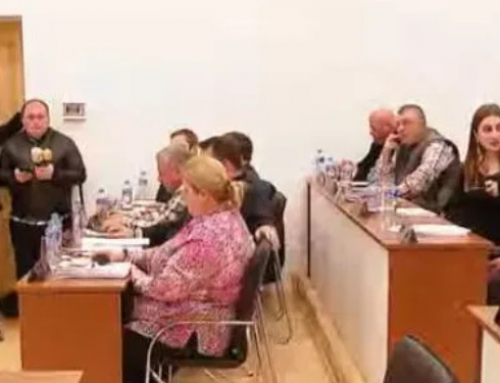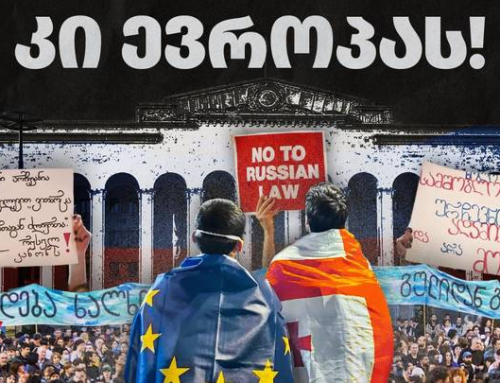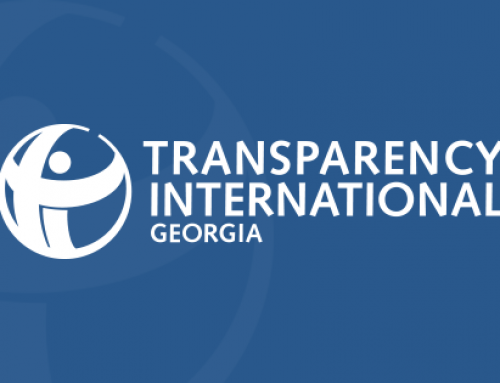TBILISI, DFWatch — Just as the Inter RAO corruption scandal is jolting the political scene in Georgia, a Georgian think tank claims to have revealed three further cases of what is called high level corruption.
The Saakashvili government has been credited with having effectively rooted out corruption – among the lower strata of society. But his opponents have said that during the last eight years there has been a blooming of another form of corruption: among the government itself and business leaders.
Gia Khukhashvili, director of Georgian Development Research Institute (GDRI), says there have been criminal schemes by the former government and business, through which the government has extorted money from business.
Khukhashvili presented the findings at a briefing on Tuesday. He is a well-known person in Georgia. For years he has been conducting analyses of political and economic processes and became one of Prime Minister Bidzina Ivanishvili’s advisers after the latter entered Georgian politics. He is believed to have had a large influence on the current PM.
When the new government was confirmed, Khukhashvili did not join, but returned to the non-governmental organization where he had previously been working.
He says GDRI for the last two months has studied the anatomy of the relations between the former government and business, and discovered three criminal schemes.
“Businessmen were forced to have fake expenses [through shell companies, ed.], to invest in different projects,” he says. “Money flowed as cash directly to different coffers from those businesses. The schemes were developed by the Prosecutor’s Office.”
Khukhashvili explains it was a completely illegal system.
“I would call this ‘the Saakashvili collective’ and this was a depraved and ruined regime.”
The political component in business influenced pricing, and if prices are being reduced in markets today, it is caused by the removal of the political component from business, Khukhashvili says.
There has been much material revealed by the research, but the organization does not plan to publish it. The NGO will send a summary to the government and to international organizations, as well as embassies, but at this stage, Khukhashvili is not yet speaking about specific cases.
“If the National Movement does not present counter arguments, they might get a Georgian wikileaks, and in this case we may publish parts of the material.”
The National movement has not yet commented.






Leave A Comment
You must be logged in to post a comment.